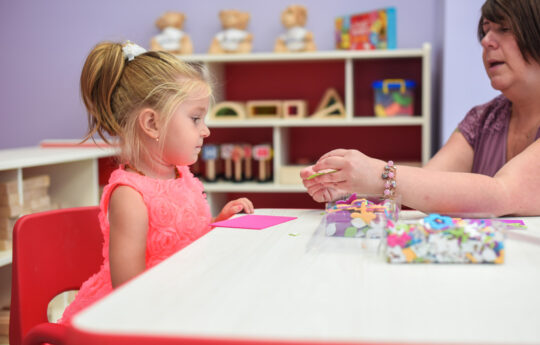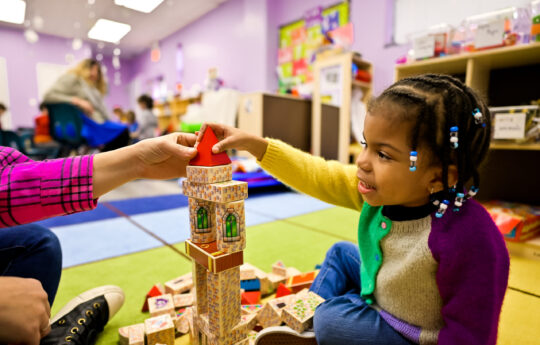
When we tell our kids to “say sorry”, what are we really telling them?
What are we teaching them? And ultimately what is the validity?
Research in psychology suggests “A full apology requires many more elements than just those two words, such as acceptance of responsibility, an expression of genuine remorse, an offer to make amends, and an excuse-free explanation.”
While having this conversation with another parent, I was told that when you tell your child sorry you are teaching them etiquette. However, when giving this some more thought, I feel I must respectfully disagree. The word “sorry” is supposed to produce a sense of empathy in the speaker. Whereas, the words “excuse me”, are just plain, good old etiquette. And believe me, there is a difference. What we end up doing with our children is instilling in them that no matter what they do, saying “sorry”, has the capacity to alleviate all sorts of wrong doing. This is the train of thought; the child did something wrong, he was told to say sorry, he apologized because he was told to, the other party now feels better and everything is resolved. But in fact, is everything really resolved? What does that child, who was told to say “sorry”, walk away with? My estimation; nothing. They did what they were told however, their sense of comprehension as pertaining to their actions, which caused another person harm, has not been triggered.
So where does saying sorry over and over again lead?
The answer is pretty simple and it is what’s known as the “sorry syndrome”. A child who is told to say “sorry”, over stepping on someone’s foot because he wasn’t looking; a child who is told to say “sorry”, for taking away another’s teddy bear; a child who is told to say “sorry”, because he dropped his cup on the floor and spilled his juice everywhere; and the same child who is told to say “sorry”, because he hit someone and made the other child cry, will eventually develop a feeling of inadequacy. Saying sorry becomes meaningless, it becomes a task that you are “supposed” to do, without an actual understanding as to why.
In my opinion, if you want your child to “feel” sorry, you have to first explain to the child what it was that he did wrong; Then you have to tell the child how his actions made you feel or the other “injured” party feel: And lastly, you have to justify why “saying” sorry and actually “meaning” it, is better than just asking a child to follow a command of saying the words.
Let’s go back to the basics and agree that the ends must justify the means. You cannot ask children to “feel” sorry for all their transgressions, especially because it is predictable that children will inevitably get into trouble. So, unless you teach them that saying sorry comes with a form of empathy, you are not teaching them anything, except following a verbal command and uttering empty words. The word doesn’t mean much if it is not followed by action and uttering a robotic “sorry”, will not make “the victim” feel any better than before your child stepped on his foot, took away his teddy bear, or spilled his own juice on the floor.
Just remember that our children are little information machines; the more material (communication and explanation) you put in, the more progress (development and growth) will come out. Fostering empathy in a child is much more fulfilling for him and his future as a well adjusted, human being, rather than having him follow commands that are void of meaning.




